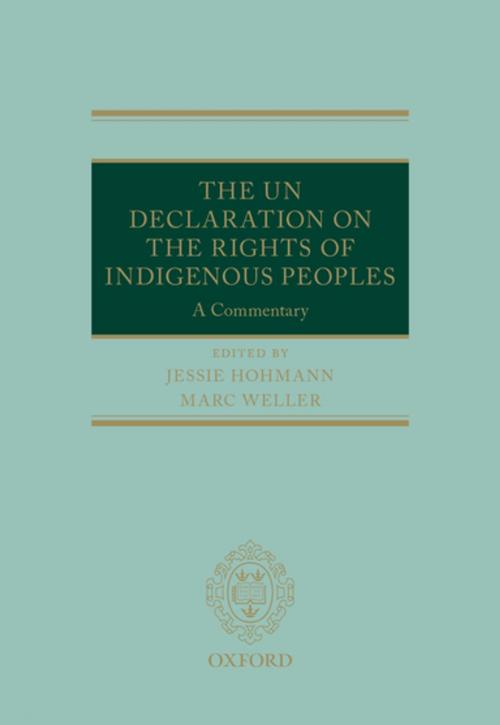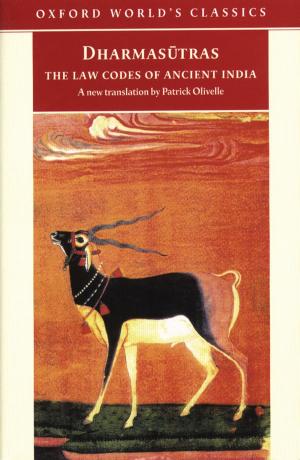The UN Declaration on the Rights of Indigenous Peoples
A Commentary
Nonfiction, Reference & Language, Law, International, Social & Cultural Studies, Social Science| Author: | ISBN: | 9780191653995 | |
| Publisher: | OUP Oxford | Publication: | March 23, 2018 |
| Imprint: | OUP Oxford | Language: | English |
| Author: | |
| ISBN: | 9780191653995 |
| Publisher: | OUP Oxford |
| Publication: | March 23, 2018 |
| Imprint: | OUP Oxford |
| Language: | English |
The rights of indigenous peoples under international law have seen significant change in recent years, as various international bodies have attempted to address the question of how best to protect and enforce their rights. The United Nations Declaration on the Rights of Indigenous Peoples is the strongest statement thus far by the international community on this issue. The Declaration was adopted by the United Nations on 13 September 2007, and sets out the individual and collective rights of indigenous peoples, as well as their rights to culture, identity, language, employment, health, education, and other issues. While it is not a legally binding instrument under international law, it represents the development of international legal norms designed to eliminate human rights violations against indigenous peoples, and to help them in combating discrimination and marginalisation. This comprehensive commentary on the Declaration analyses in detail both the substantive content of the Declaration and the position of the Declaration within existing international law. It considers the background to the text of every Article of the Declaration, including the travaux préparatoire, the relevant drafting history, and the context in which the provision came to be included in the Declaration. It sets out each provision's content, interpretation, its relationship with other principles of international law, and its legal status. It also discusses the significance and outlook for each of the rights analysed. The book assesses the practice of relevant regional and international bodies in enforcing the rights of indigenous peoples, providing an understanding of the practical application of the Declaration's principles. It is an indispensible resource for scholars, students, international organisations, and NGOs working on the rights of indigenous peoples
The rights of indigenous peoples under international law have seen significant change in recent years, as various international bodies have attempted to address the question of how best to protect and enforce their rights. The United Nations Declaration on the Rights of Indigenous Peoples is the strongest statement thus far by the international community on this issue. The Declaration was adopted by the United Nations on 13 September 2007, and sets out the individual and collective rights of indigenous peoples, as well as their rights to culture, identity, language, employment, health, education, and other issues. While it is not a legally binding instrument under international law, it represents the development of international legal norms designed to eliminate human rights violations against indigenous peoples, and to help them in combating discrimination and marginalisation. This comprehensive commentary on the Declaration analyses in detail both the substantive content of the Declaration and the position of the Declaration within existing international law. It considers the background to the text of every Article of the Declaration, including the travaux préparatoire, the relevant drafting history, and the context in which the provision came to be included in the Declaration. It sets out each provision's content, interpretation, its relationship with other principles of international law, and its legal status. It also discusses the significance and outlook for each of the rights analysed. The book assesses the practice of relevant regional and international bodies in enforcing the rights of indigenous peoples, providing an understanding of the practical application of the Declaration's principles. It is an indispensible resource for scholars, students, international organisations, and NGOs working on the rights of indigenous peoples















